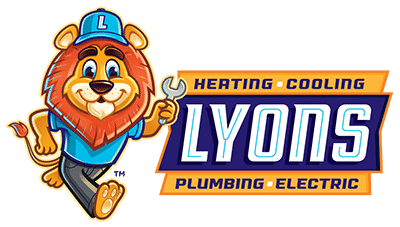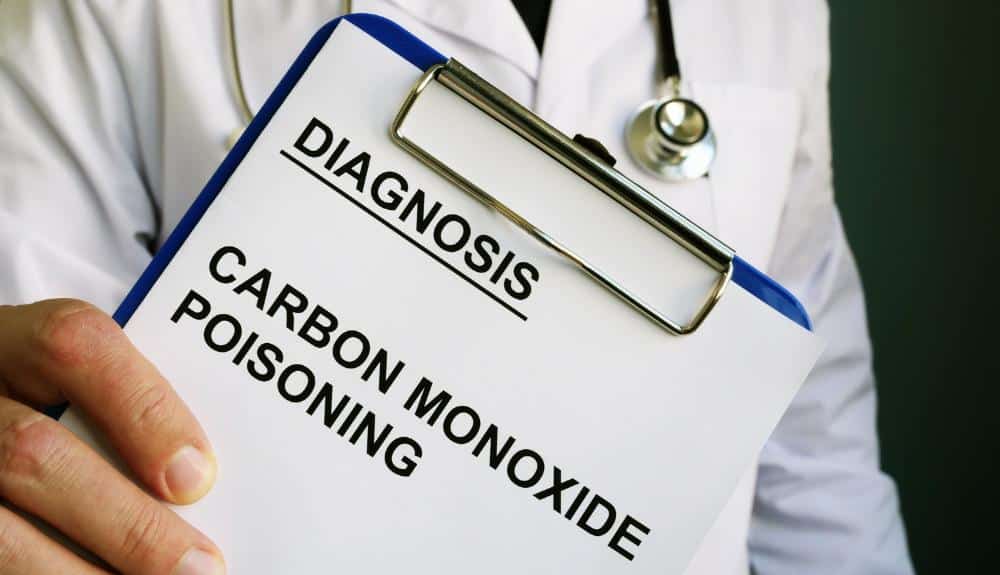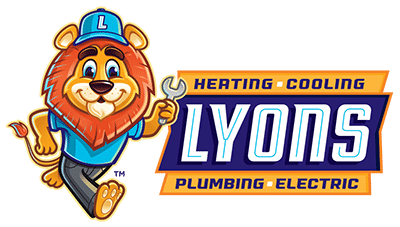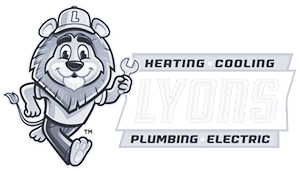It’s extremely important for all Texas homeowners and business owners to understand the dangers of carbon monoxide poisoning and how to spot signs and symptoms. In this post, our Rockwall AC repair technicians will explain more about what carbon monoxide is, the symptoms of carbon monoxide poisoning, and how to prevent the spreading of this toxic gas.
What is Carbon Monoxide?
Carbon monoxide (CO) is a silent gas that is very dangerous to all oxygen-dependent life forms. Carbon monoxide threshold levels vary in individuals, however, an exposure of one hundred p.p.m. (parts per millionth) or greater is regarded as toxic. Carbon monoxide regularly infiltrates our day-to-day lives through motor vehicles, machines run by gas, free-standing heaters, heaters, stoves, burners, and anything that may burn fuels. We easily and inadvertently draw this dangerous, odorless gas in through our lungs.
Dangers of Carbon Monoxide Exposure
You and your family members may be exposed to dangerous levels of carbon monoxide without even realizing it. This is especially true during peak heating season when fuel-burning appliances are commonly used. When you breathe in dangerous amounts of carbon monoxide, it can infiltrate the oxygen in your red blood cells, which in turn reduces the amount of oxygen that is able to be delivered to your vital organs. This can lead to permanent brain damage, organ failure, or even death. Those who face a greater risk of serious injury or death due to CO poisoning include older adults, infants, and those with medical conditions like asthma, anemia, or chronic heart disease.
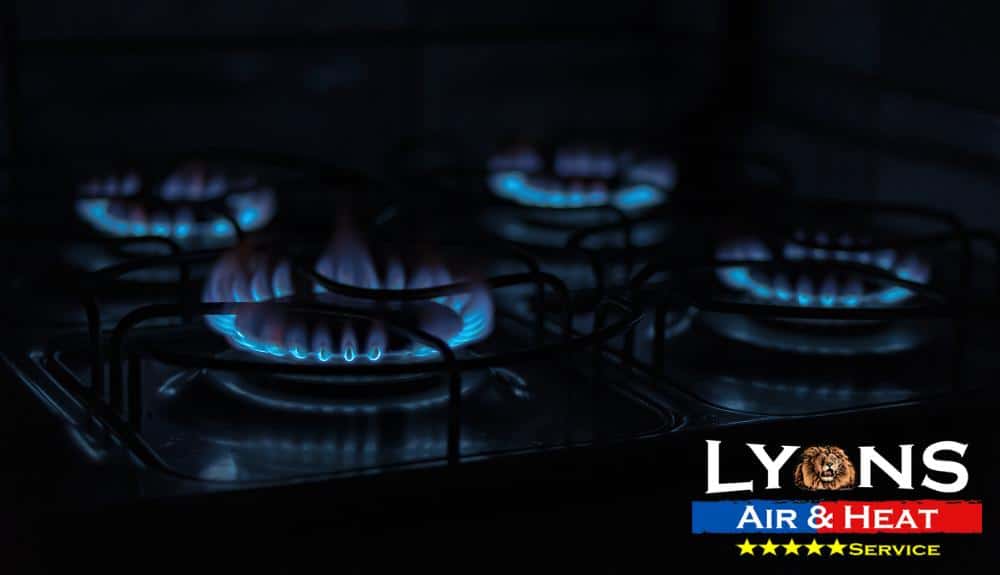
What Causes Carbon Monoxide Poisoning?
Gas appliances and anything that burns natural gas to function may produce carbon monoxide, including but not limited to:
- Gas stoves
- Portable heaters
- Portable generators
- Fuel-burning space heaters
- Charcoal grill
- Water heater
- Gas refrigerator
- Truck engines
Being around any of these appliances or machines in an enclosed space and away from fresh air can be extremely dangerous and lead to carbon monoxide poisoning.
What are the Symptoms of Carbon Monoxide Poisoning?
A mild exposure to carbon monoxide can produce mild symptoms of bewilderment, faintness, headache, shortness of breath and other breathing problems, upset stomach, chest pain, giddiness, and an influenza sensation. Larger exposures, or exposures for a longer period of time, are particularly deadly to the central nervous system, the cardiovascular system, and generates hypoxia (an inadequate quantity of oxygen to reach the body’s tissues). A lot of the symptoms of CO poisoning mimic those of viral illnesses like food poisoning or the flu, so it can be hard to determine if what you are feeling is in fact CO poisoning.
The toxicity produced by carbon monoxide is lethal. Long-term exposure to very low levels is just as damaging and potentially life-threatening in the long-term often producing melancholy, disorder and decline of memory. Severe birth defects in the infants of women who were exposed to hazardous levels of carbon monoxide throughout their pregnancy are a great threat as well.
How is Carbon Monoxide Poisoning Diagnosed?
According to the CDC, “the key to confirming the diagnosis is measuring the patient’s carboxyhemoglobin (COHgb) level.” Your healthcare provider may due this through either a blood test or a fingertip pulse CO-oximeter. If you believe you or someone you know has contracted CO poisoning, it is imperative that you call the Poison Control Center or get to an emergency room as soon as possible.
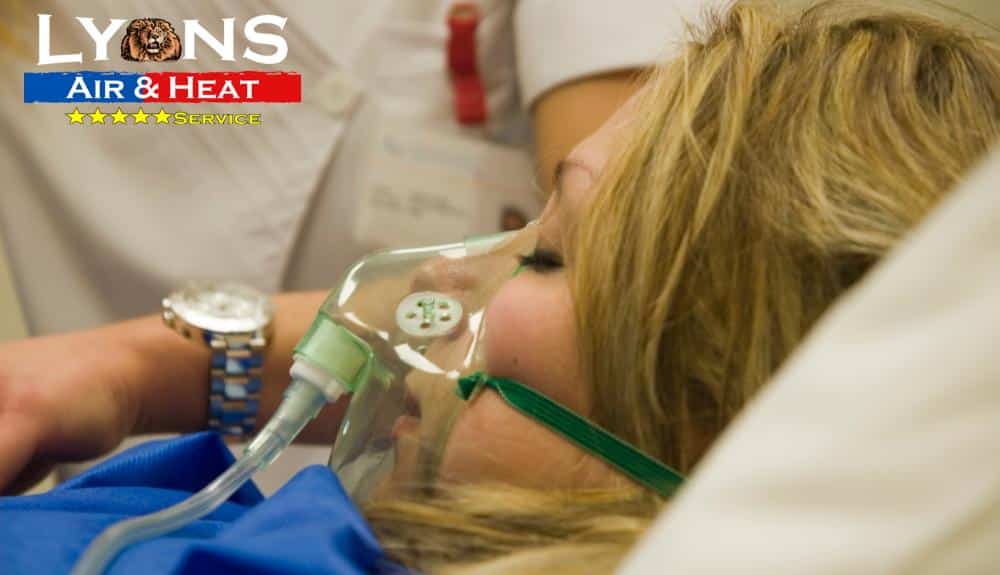
How is Carbon Monoxide Poisoning Treated?
The best way to treat carbon monoxide poisoning is to get pure oxygen into the lungs and body as soon as possible. This may be done through an oxygen mask, a ventilator, or by spending time in a pressurized oxygen chamber.
How to Prevent Carbon Monoxide Poisoning
The prevention of carbon monoxide poisoning is a significant public health problem. Luckily, the reduction associated with carbon monoxide poisoning is simply prevented by early discovery of carbonous oxide gas through the use of a carbon monoxide alarm (CO detector). A carbon monoxide detector is a reasonably priced device and is often located near the flooring or near the ceiling and designed to notify us of its discovery of carbon monoxide by alarm. If high CO levels are detected, the alarm sounds to indicate its presence. Anyone in the area should immediately evacuate.
CO detectors are battery-operated, so on average, a typical CO alarm has a lifespan of 7 years prior to replacement. However, that does not include things like a straightforward battery replacement. Carbon monoxide alarms are mandatory in new construction. At Lyons Air & Heat, we are able to install carbon monoxide detectors and check your CO levels to make sure you are not breathing in dangerous fumes that could lead to CO poisoning.
Another way to prevent carbon monoxide poisioning includes proper ventilation. If you buy gas equipment, be sure to install it in well-ventilated areas. If you are are in a vehicle that is turned on, ALWAYS make sure you leave the garage door open while you are in the vehicle.
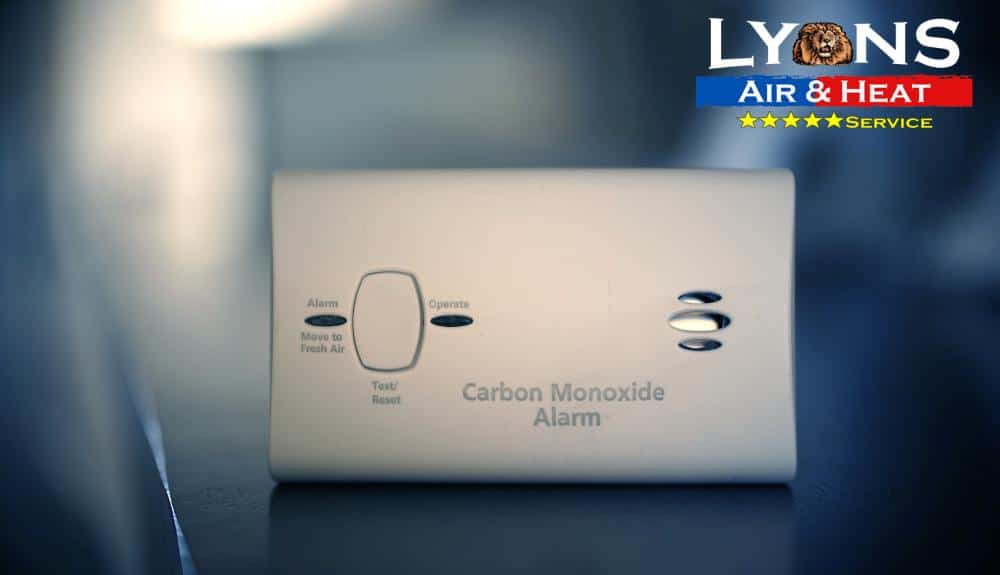
To Learn More About the Dangers of CO Poisoning and How to Avoid it, Call Lyons Air & Heat Today
If you believe you or someone you love has been exposed to high levels of carbon monoxide, it is important that you seek medical attention immediately. To learn more about carbon monoxide poisoning, or to learn about the comprehensive Texas heating services and air conditioning services we offer at Lyons Air & Heat, call our experienced Rockwall HVAC technicians at (214) 432-2859 today.
